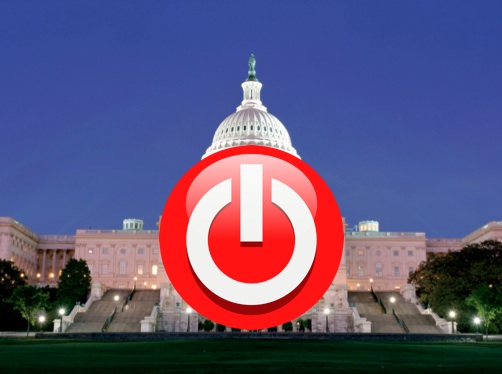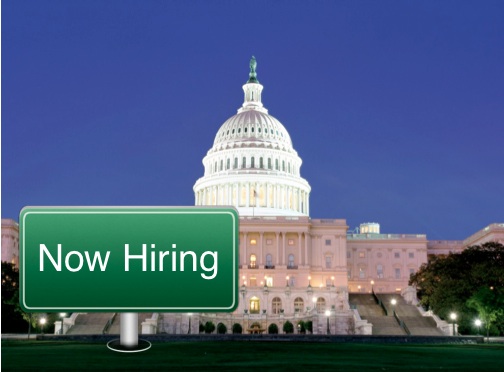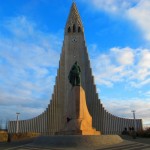Last night at a bar in Halifax, I proposed a question: Do you think that Americans would be more outraged and more united in their resolve to demand of their government to govern if instead of the closing of the federal government being shut down the NFL was suspended?
Please weigh in:
Later today, I will fly to Iceland, a unique country with a model political system that shows just how effective citizens can be in moving their government to action. There are a lot of factors to consider when comparing conflict resolution between cultures, so take everything below with a healthy dosage of salt.
Iceland is a unique case study.
Iceland as a country has always been an interesting case study for geologists, sociologists and anthropologists alike. Its barren geography interests the latter, while the former are interested in a culture that lives on such a barren landscape. The influence of Scandinavian culture is important when understanding Icelandic culture. Karen Oslund in her book Iceland Imagined quotes early explorers of the Iceland, Paul Gaimard and Xavier Marmier, (1842) and reminds the scholar “Iceland can not be entirely separated from the Scandinavian countries. From the point of view of the historian or linguist, it is the place of origins of the Scandinavian people, their traditions, language, and poetry.”
Iceland for much of its history was ruled by Denmark and then Norway. It gained a virtual independence in 1904, but not until June, 1944 did it become an independent republic in charge with self-rule. The most recent census, taken in 2010, tallied 319, 014, making the whole country’s population size—that of a mid-sized US city. The small population is a reflection of the harsh geography, which in turn influences how Iceland as an autonomous people is able to respond to and resolve conflicts.
In recent memory, one of the biggest crises to shake Iceland was the 2008 financial crisis, which hit Iceland much harder than the rest of the world. Iceland responded to it in a unique when compared to the approaches employed by other countries. It became both an economic and political crisis, since it lead to the failing of all three of the country’s major commercial banks which were unable to refinance their short-term debt and caused a run on deposits in both the United Kingdom and the Netherlands. Relative to the size of the country, the crisis led the Economist to call the crisis that “biggest crisis of an economy that any country has ever suffered.”
Iceland Hits A Homer During the 2008 Financial Crisis
When the world was in the midst of a ginormous financial problem, Iceland had an even bigger problem on its hands—far worse than the sort that was happening around it. The fix required both political agility, and swift legislation in order to save the whole country from national bankruptcy. Iceland, in its response to the crisis did just that. While in many countries it is common to hear talking heads complain that the very same individuals occupying the higher echelon of the financial field who got the world into the 2008 financial crisis are still in power, Iceland took action and sacked the bankers that it blamed for causing the problem.
Iceland’s financial crisis was blamed mainly on the constitution, which had been in place since 1944, and was supposed to have been provisional. The creators of it planned to discard it by 1946. But the constitution remained in place, largely because of its own failings, which bifurcated power in ways that the UN in 2007 called a human right’s violation.
The only thing larger than the financial crisis was the world’s surprise at how quickly and thoroughly it was resolved, causing a new constitution to be drafted, written by and approved by, the people of Iceland. Nordic cultures tend to have strong family cohesiveness, and also tend to be left leaning in how they feel their government should support them. Icelandic culture shares many of these parallels with its parent society. In their report “Iceland’s Rise, Fall, Stabilization and Beyond” Wade and Sigursdottir discuss the speed with the people of Iceland took to the streets with a Pot and Pan revolution to protest the government’s negligence in allowing the crash.
Icelandic Peopel Are Internet Jedis
Wade and Sigursdottir write, “The council decided to invite the people of Iceland to participate in its proceedings via the Internet. The decision was a natural one in view of the fact that the constitutional revision process was set in motion by the Pots and Pans, ordinary people from all walks of life who took to the streets after the crash.”
The 320,000 people of Iceland are well connected, with 95% of the Icelandic people having Internet access. The 5% that were not connected, mostly elderly, were invited to join the proceedings through the mail.
The preamble of the new Icelandic constitution reads “We, the people of Iceland, wish to create a just society where every one of us has a seat at the same table.” The 2008 Icelandic financial crisis has to be called a conflict of national proportions since it affected an entire group of people. The society is insular mainly because of its geography. Most of the island’s geography is barren and desolate. Most of the population is concentrated in the capital city Reykjavik. This connectedness enables the people of Iceland to solve their problems in a very cohesive manner.
Let’s grab a plane back to The US. Since we are a country of many cultures and peoples all with individual wants, needs, concerns, desires, etc. We are all over the map, as we should be. This does not make for easy work for politicians to govern, since what’s good for some is bad for others and what’s good for others is bad for some. But if we can learn from Iceland’s political problem solving success, the lesson is that people standing together demanding action on behalf of their government can lead to abrupt and comprehensive change. Think the Civil rights movement. Think about the movement that led to Obama getting into office in the first place.
Why is the no spin zone making everyone dizzy?
Fox News, because they basically realize that anyone with cognition is already watching another network, has taken to calling the Shutdown a “Slimdown.” The tragedy behind what is happening is just how avoidable it is. When talking to my brother about the situation, wondering how this would bode for the GOP next elections did not seem to think that Americans have the attention span to remember it 13 months from now when we have midterm elections. I hope he’s wrong about that, but suspect he might be right.
If House Republicans are really so hellbent on repealing the 2009 Affordable Care Act, there is a way to do it that the founders of our country intended. If they want to change a law they should get more people to vote for them and then go from there. Refusing to fund the government was not the way they intended for things to get done. Outside of contacting lawmakers, there is not a lot that Americans can do to fix this in the short-term. But in the mid-term, we can. We are voters, and we decide who gets elected. If you invite someone to your house and your guest decides to cut your power chords leaving you in darkness, this it not a person you should invite back over again. Ditto lawmakers. Whether or not the people responsible for this political bout of douchebaggery pay a price for their political childishness will ultimately be decided by the memory and will of the voters who put them in a position to do so in the first place.







